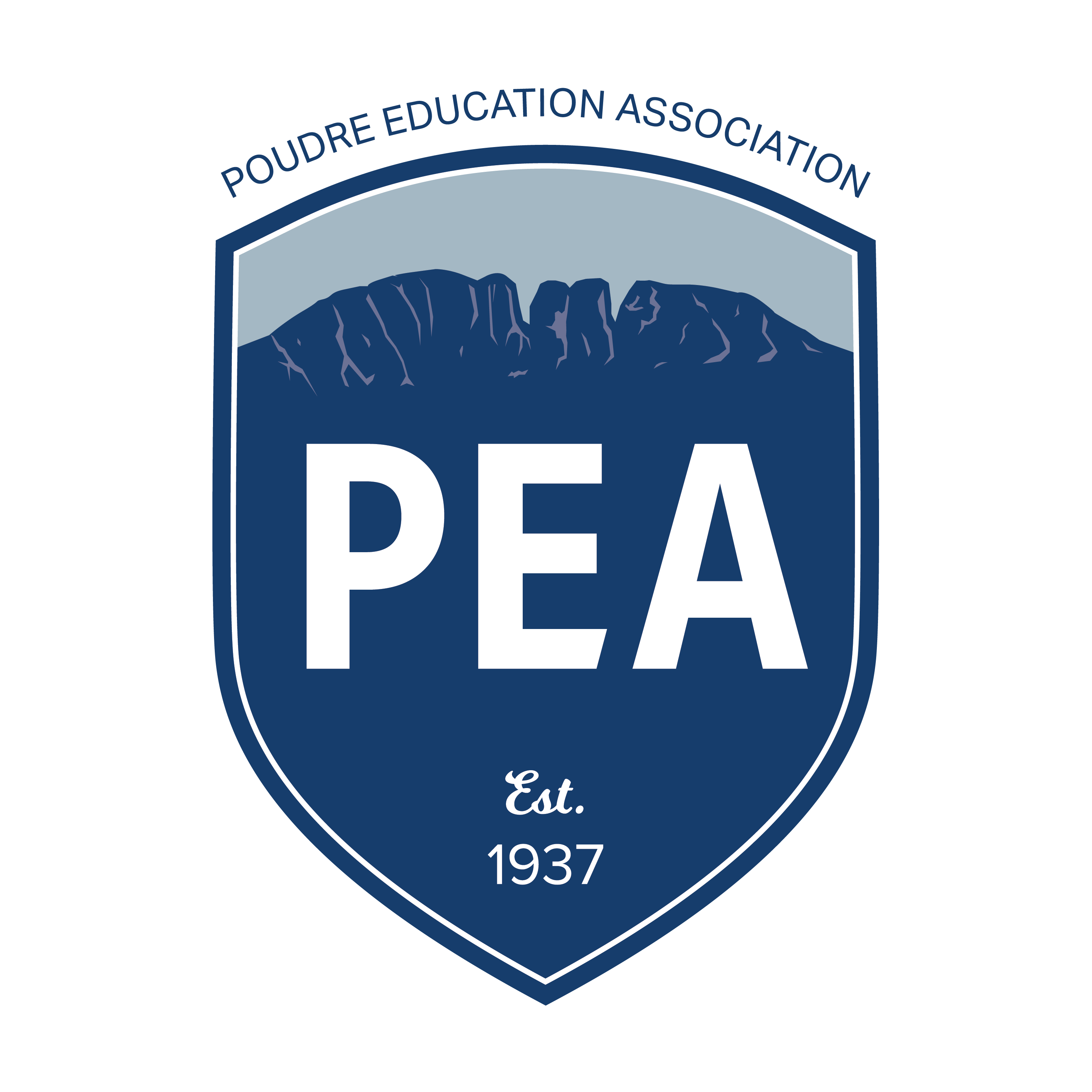It’s Your Responsibility to Know About Child Abuse Laws in Colorado
Child abuse and the sexual abuse of children are far from being taboo subjects in public schools. Unfortunately, they are real and we, as educators, must understand them. We provide you with this information for two reasons: to outline your personal responsibilities as an educator for reporting suspected abuse and to briefly explain laws regarding employees who are suspected of or charged with child abuse.
1. Colorado law requires that any school district employee who suspects a child has been subjected to abuse or neglect, or observes conditions which could result in abuse or neglect, must report or cause a report to be made, to either the county Social Services department or the local law enforcement agency. Failure to report is a misdemeanor, punishable by fine, imprisonment, or both. Our Association advises you to make the report yourself and not assume that an administrator will make the report for you even if you tell your suspicions to someone in your school.
2. The law goes out of its way to protect children and youth and encourage reporting. Unless the report is malicious, the reporting party is immune from liability. The report itself is confidential.
3. By law, Social Services and the police department must conduct a joint investigation including an interview with or observation of the child. The investigation usually includes an interview with the person accused of being responsible for the abuse or neglect. The investigatory interview is a critical step. We suggest that an employee accused of child abuse have an attorney present during all such interviews.
4. Courts are required to report to the Colorado Department of Education if current or former school employees are convicted of child abuse, sexual assault or abuse, and other charges of unlawful behavior toward a child. Districts must notify CDE when an employee is dismissed or resigns because of allegations of unlawful behavior toward a child which are supported by credible evidence.
5. Before employing applicants for any job, districts must ask CDE if the department has information about an applicant and must contact previous employers. All new hires undergo this background check.
6. Districts must have rules that give due process to employees against whom false allegations of child abuse are made.
7. Schools boards are required to adopt discipline codes that recognize that some physical contact between students and employees may be the result of reasonable and appropriate physical intervention and force. State law protects employees who perform their duties responsibly in cases such as breaking up a fight between two students. The law says that an employee’s actions do not constitute child abuse as long as they are performed in good faith, in compliance with the discipline code, and an appropriate expression of affection or emotional support.
8. A teacher’s license can be annulled or denied if the person is convicted of child abuse or sexual assault on a child. A conviction in such cases, as well as a deferred sentence, guilty plea, and similar pleas, are reasons for dismissal from employment.
9. Criminal charges may be filed against an education employee in a child abuse case. An employee may also be subject to a civil lawsuit brought by the child or his parents, seeking damages for injuries to the child.
